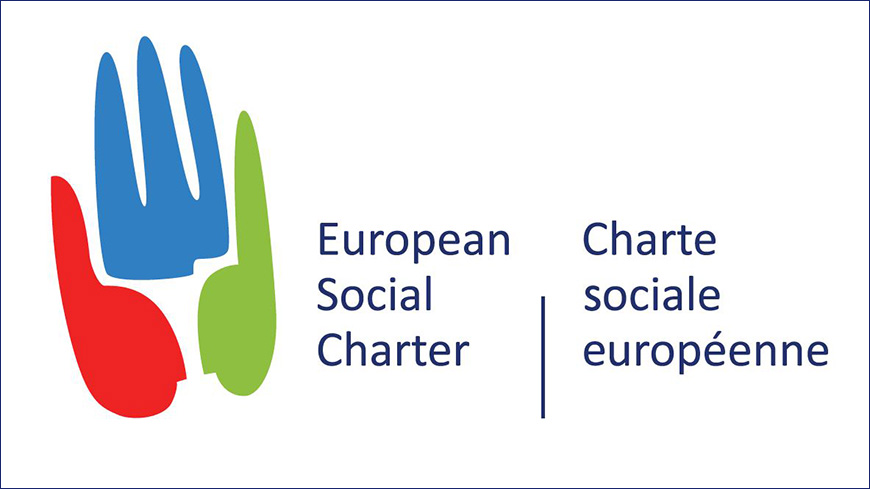European Social Rights Committee: the annual conclusions for 2017 reveal numerous cases of non-compliance in Italy

The European Committee of Social Rights (ECSR) has published its annual conclusions for 2017 on the 33 States adhering to the European Social Charter (1961) and the revised European Social Charter (1996). The conclusions comprise a total of 486 situations analyzed, among which 228 situations of compliance (47%), 83 cases (17%) the evaluation of which was impossible due to insufficient information received and 175 cases of violations (36%) of the Treaty provisions on issues such as the right to health, safety and social protection.
The Committee is particularly concerned about countries where the level of poverty is excessively high and there are no measures to remedy it. As for Italy,the conclusions of the Committee highlight various critical issues. Among the deficits there is a lack of social parachutes for those who lose their jobs and the insufficient social protection of the elderly in reason, in particular, of a below-average pension level. On the other hand, the conclusions on other states such as Austria, Denmark, France, Andorra, Spain and the United Kingdom are positive.
The European Committee of Social Rights is a body made up of 15 independent and impartial experts. It decides on the conformity of the laws and practices of the acceding States. It was established pursuant to art. 25 of the European Social Charter of 1961 for the purpose of determining whether the legislation and practice of the States Parties is in conformity with the rules of the European Social Charter, its Protocols and the (revised) European Social Charter of 1996.
Italy ratified the European Social Charter in 1965 and the revised European Social Charter in 1999, accepting 97 of its 98 paragraphs. The only unaccepted provision regards art. 25 which protects workers' right to the protection of their claims in case of insolvency of their employer.

